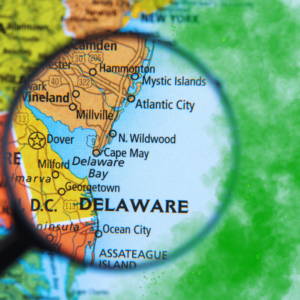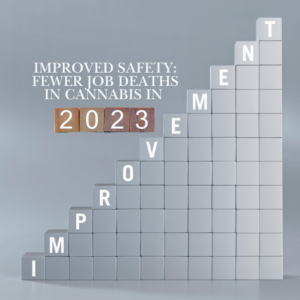DEA Delays Cannabis Rescheduling Hearing Until 2025

Key Hearing on Federal Cannabis Rescheduling Set for December Amid Bureaucratic Delays
An upcoming hearing on December 2 will address the U.S. Justice Department’s proposed rescheduling of cannabis from Schedule I to Schedule III under the Controlled Substances Act (CSA). While this initial hearing won’t include testimony or evidence, it will set the stage for a more detailed session in early 2025, with participating parties required to provide their availability for January and February. The rescheduling proposal follows a scientific review and a public comment period in which tens of thousands shared their views.
The hearing reflects growing federal interest in marijuana reform, as recent reports from the Department of Health and Human Services (HHS) and the Food and Drug Administration (FDA) support a shift away from the strict Schedule I classification.
Process Delays and Criticisms from Advocates
The rescheduling process has proven lengthy, frustrating advocates and cannabis organizations. Paul Armentano, deputy director of the National Organization for the Reform of Marijuana Laws (NORML), noted that such administrative processes have historically been slow, with marijuana scheduling reviews often taking years. “Unlike in the past, our political opponents now face the burden of contesting HHS and FDA findings that show marijuana doesn’t meet Schedule I or II criteria,” Armentano remarked, expressing optimism that scientific evidence will outweigh ideological resistance to cannabis reform.
David Culver, head of policy for the U.S. Cannabis Council, voiced disappointment over potential delays but affirmed the organization’s belief in the process. He emphasized bipartisan support from both major presidential candidates, who have expressed willingness to reevaluate federal cannabis laws. “The debate around this is over,” Culver stated. “Both policy and politics are aligned.”
DEA’s Role and Requests for Additional Data
The Drug Enforcement Administration (DEA) has requested further information on certain aspects of the scientific review, signaling a cautious stance on rescheduling. The upcoming hearing is viewed by some as a reflection of DEA’s skepticism, even though the Biden administration facilitated the review that led to the DOJ’s rescheduling proposal. Vice President Kamala Harris has acknowledged bureaucratic delays, citing federal systems that “slow things down,” including processes within the DEA.
Harris previously expressed frustration with the slow pace, urging the DEA to expedite the review, though she remains supportive of the proposed rescheduling. Former President Donald Trump, the Republican presidential nominee, has also shown openness to cannabis reform, marking an unusual point of alignment with Harris.
Public Health and Law Enforcement Weigh In
Various groups, including the Community Anti-Drug Coalitions of America, the Tennessee Bureau of Investigation, and the National Sheriff’s Association, have expressed concerns about potential risks of cannabis reclassification. They argue that rescheduling could complicate law enforcement efforts and raise public health risks, particularly if cannabis is perceived as less dangerous under a Schedule III classification. However, HHS findings suggest that marijuana poses fewer risks compared to Schedule I drugs like heroin and Schedule II drugs like cocaine, a position that advocates believe supports rescheduling.
Expectations for the December Hearing and Beyond
The December 2 hearing will determine logistics and dates for the main hearing in early 2025. This session will allow both sides to present evidence, and deadlines will be established for witness preparation and procedural requirements. The hearing is a key step in a lengthy administrative process that many advocates view as the beginning of the end for federal cannabis prohibition.
As federal agencies prepare for potential changes, advocates and stakeholders across the political spectrum are closely watching. Should the DEA approve rescheduling, FDA-approved medical marijuana products could enter the market with fewer restrictions, providing new therapeutic options while expanding cannabis research opportunities across the U.S.











